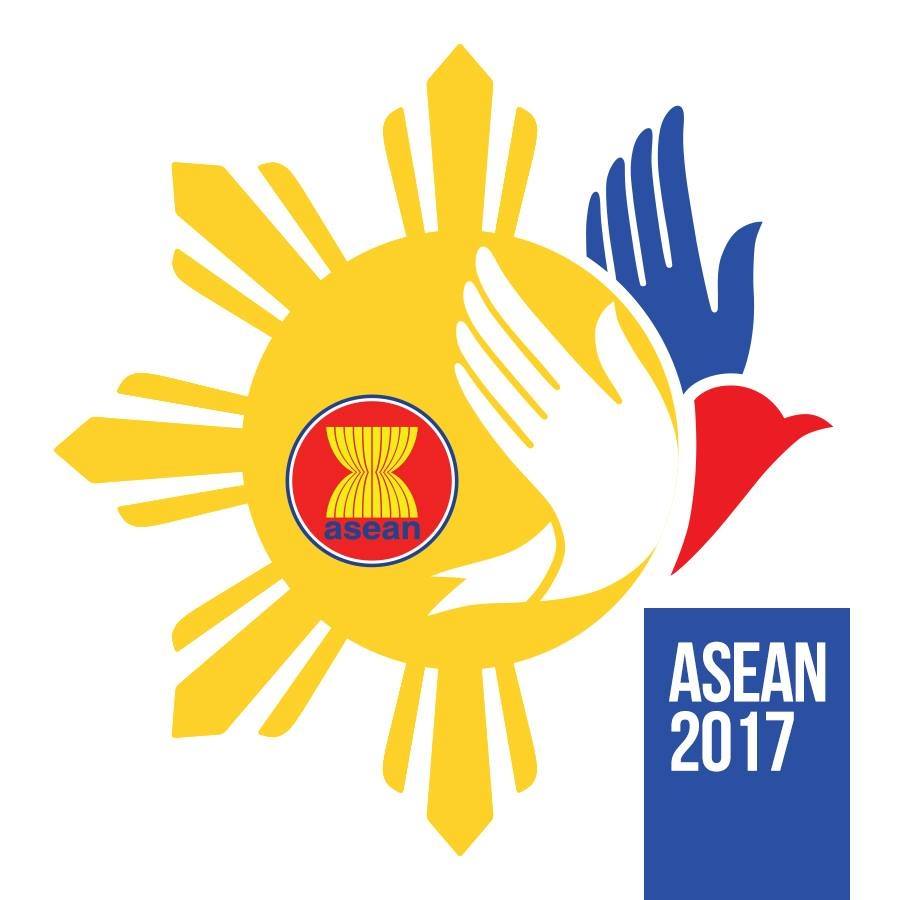News
ASEAN 2017: An opportunity to ensure rules-based order succeeds in ASEAN to settle WPS issue

“United ASEAN has still a good number of people and they basically surround China’s backdoors. So China will still, I think, be constrained to give way to some of ASEAN’s demand if they unite,” he told reporters on the sidelines of media forum on the South China Sea. (Photo: ASEAN 2017/ Facebook)
MANILA–As this year’s chair of Association of Southeast Asian Nations (ASEAN), the Philippines may have the opportunity to call on its ASEAN neighbors to unite in dealing with West Philippine Sea (WPS)/South China Sea dispute and ensure that rules-based system succeeds.
Dr. Jay Batongbacal, director at the University of the Philippines Institute for Maritime Affairs and Law of the Sea, considered united ASEAN a “formidable force” even as China is much larger than any one of these countries.
“United ASEAN has still a good number of people and they basically surround China’s backdoors. So China will still, I think, be constrained to give way to some of ASEAN’s demand if they unite,” he told reporters on the sidelines of media forum on the South China Sea.
As ASEAN leaders meet here this week, Batongbacal hoped that the regional bloc would tackle the territorial disputes in the West Philippine Sea through addressing crisis mechanism to prevent the excessive law enforcement and military activity, especially against Filipino fishermen.
He said they should also come up with an agreement on conserving and preserving the marine environment to control the over exploitation and the destruction of these resources.
“We need to protect this common resource, it’s all on our interest. At least those two, I hope it will have progress even if you have to settle for just this so-called framework,” he added.
Batongbacal was referring to the framework for a code of conduct in the West Philippine Sea, which ASEAN members and China targeted to complete within the year.
Several countries have made competing claims over the South China Sea, including China, the Philippines, Brunei, Malaysia, Vietnam and Taiwan.
Foreign policy analyst Richard Heydarian said the Philippine ASEAN chairmanship could be a venue to raise maritime issues.
“We may not get exactly what we want in the final statement but we can decide on what will be discussed in the ASEAN agenda. Second thing, during President Duterte’s chairman statement especially later this year in November, he can say whatever he wants and that also work in our benefit if we uses that opportunity in the right way,” he said during the forum.
For his part, Ambassador Albert del Rosario said the Philippines has a “unique and an important opportunity to dwell on how we can work with our neighbors to ensure that this rules-based order succeeds.”
“The purpose of our cooperation should go beyond maintaining friendly ties; we must also cooperate to ensure that we live in a neighborhood where countries follow the rules and uphold their commitments,” he said.
In 2002, ASEAN and China committed to a non-binding agreement over how they should all behave in the South China Sea.
“ASEAN must be united in countering this challenge to its regional centrality and solidarity. I believe that promoting the rule of law and strengthening multilateralism in support of the law must be key parts of ASEAN’s response,” he added.
Del Rosario, chairman of Stratbase ADR Institute, also believed that the ruling should be an integral part of the code of conduct framework being finalized and the eventual code of conduct.
The West Philippine Sea will be among the important topics to be discussed by the leaders of ASEAN members during the 30th ASEAN Summit and Related Meetings slated from April 26 to 29.





















